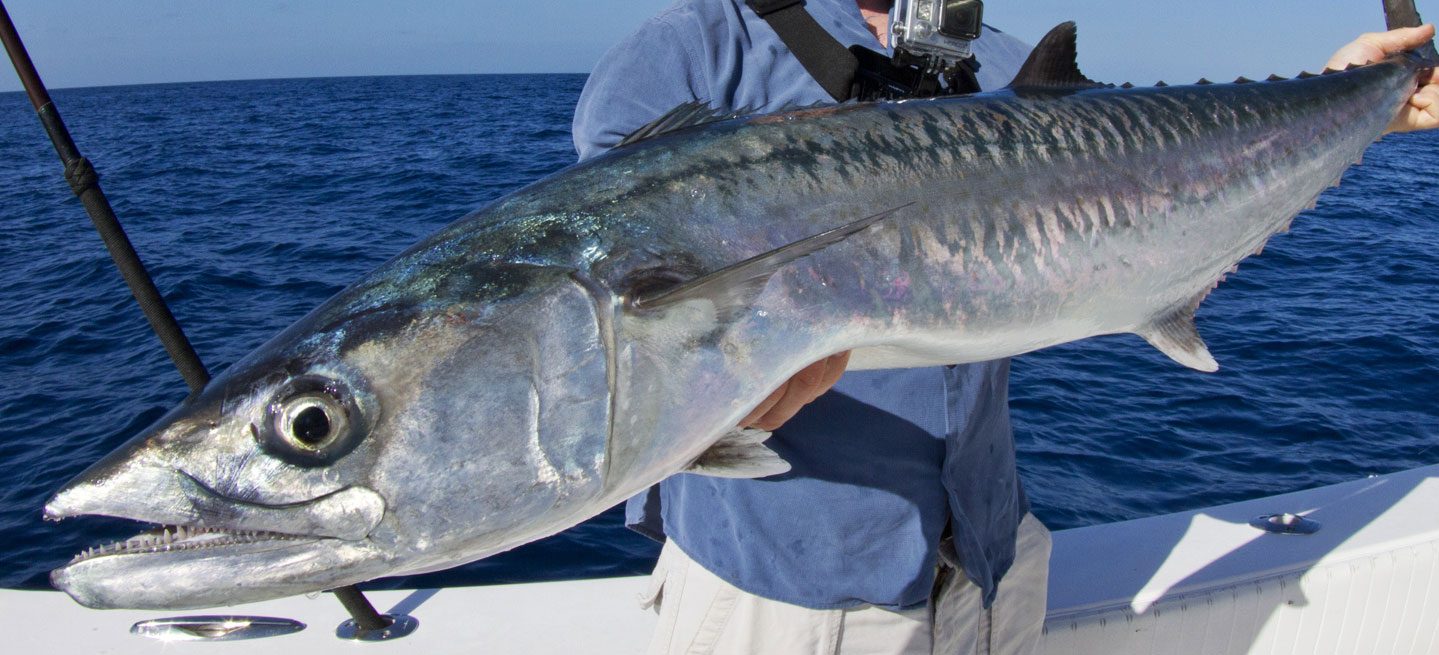In June 2012, GCC countries reached a decision to institute an annual ban on the fishing of Kingfish, locally referred to as ‘kann’aad’, in Gulf waters every year.
Qatar’s Ministry of Municipality announced a two-month ban on kingfish fishing in local waters, effective from 15 August to 15 October 2023.
The move is part of a region-wide effort that has been agreed upon by GCC countries to protect and preserve kingfish stocks.
What the ban entails
The ban specifically forbids the transportation and trade of Kingfish fishing nets in fishing vessels. However, boats or ships licensed by the Fisheries Department are still allowed to fish using only fishing rods, without the use of other tools.
The ban does not apply to those engaged in scientific research, who can continue their work after obtaining a fixed-term license from the Ministry of Municipality and Environment.
The importance of Kingfish preservation
Kingfish are of vital economic importance to the region. The ministry’s main goal is to ensure the sustainability of the fish population and maintain the legally allowed size for fishing, which stands at 45cm.
This restriction has prevented the harvesting of juvenile Kingfish, allowing them to reach reproductive maturity and contribute to the population.
In 2019, the GCC Agricultural Cooperation Committee mandated Gulf states to implement measures to protect Kingfish. These measures included increasing the legal length of fish that could be caught, enlarging the eye openings in nets, and specifying the season for the fishing ban.
History of Kingfish in the GCC
Kingfish, known for its distinct flavour and high nutritional value, has a rich history in the GCC region. The fish has been a staple in the local diet for centuries, and its fishing has become a significant industry over time.
In the past, overfishing has led to a substantial decline in Kingfish stocks, prompting regional governments to take action. The cooperative agreements between GCC countries for Kingfish preservation were initiated in the early 2000s.
Seasonal bans, size restrictions, and other regulatory measures have since been implemented to balance economic interests with conservation needs.
These efforts have had a considerable impact on maintaining Kingfish stocks, demonstrating the potential of regional cooperation in environmental stewardship.
Violators of the ban face a penalty of a fine not exceeding QAR 5,000.
Why the specific ban period?
The timing of the ban coincides with the breeding season of Kingfish.
The ministry explains that “banning fishing during the breeding season is one of the most successful ways to preserve fish stocks and ensure the continuity of marine life.”
It adds that past implementations of this ban have “achieved positive results” in preserving the stocks of these migratory fish.







